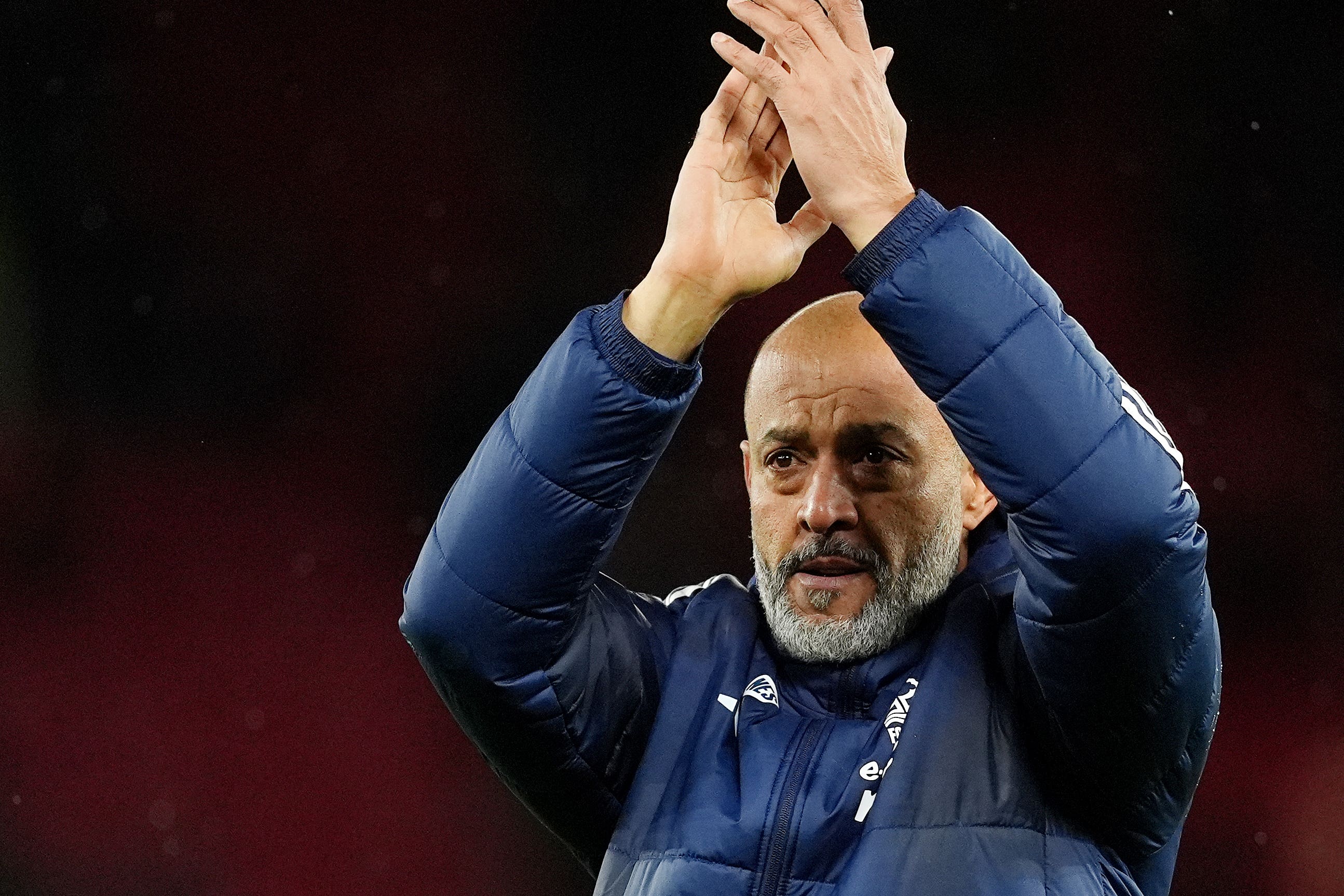Kim Caldwell was back on the sideline days after childbirth. But experts say the decision of when to return to work is a personal one. Tennessee’s women’s basketball head coach Kim Caldwell didn’t manage to beat South Carolina on 27 January (but truly: who can?). But she did manage to surprise a lot of people by choosing to return to the sidelines just a week after giving birth to her first child (and after having battled the flu at the same time).
Caldwell, who is in her first year of coaching the Lady Vols, told reporters she would be back for the game in a press conference the day before. She had missed the team’s 23 January game against Texas, something she said was “not great.”. She added: “I was proud of our team, but it was not my favorite thing I’ve ever done as a coach, is have to stay home and watch it on TV.”. Caldwell’s dedication to her team has been clear from the beginning. She took over an unranked team; by November Tennessee were ranked No 19, a position they still held on the AP poll at time of writing. She has been praised for her approach to coaching, which includes quick-paced, hockey-style substitutions, something she described as “fun” to NBC News.
In many ways, it’s not too surprising that she felt a strong need to get back on the court against South Carolina, the reigning national champions coached by the great Dawn Staley. It’s also not too surprising that her return sparked conversations about the expectations that surround motherhood in the United States, one of the few countries in the world without mandated paid maternity leave, although Caldwell’s decision seems motivated by dedication to her job rather than any financial worries (she earns $750,000 a year).
Cristen Pascucci left her career in public affairs in 2011 to study maternity care and women’s rights. It’s not a coincidence that Pascucci welcomed her son the same year. She is the founder of Birth Monopoly, through which she works for a freer maternity care market alongside national advocates, organizations, and birth lawyers. Pascucci, who has also spent over a decade focused on obstetric violence, is working on the documentary Mother May I.
The first weeks following childbirth are an “absolutely critical time for the diet of the mother and the baby,” she says. “From a physiological perspective, from a biological, emotional, social, and psychological perspective, for both of them – there is a process that happens during which the mom’s brain begins to reform” in response to what she’s experienced. “Your cells literally rearrange themselves,” Pascucci adds. “You have totally different chemicals happening, things are firing in totally different ways. So you’re not the same person after birth that you were before in a very literal sense.”.
This is something any woman returning to work soon after giving birth needs to consider, Pascucci says, but that doesn’t mean a decision like Caldwell’s is irresponsible or unsafe. The most important response, Pascucci adds, is to support a new mother in every possible way – something Caldwell appears to have in spades – and to trust that no one knows if Caldwell is ready to be back on the court except Caldwell.
In addition to the physiological response to childbirth, there’s also a very real “physical wound” that new mothers are recovering from, says midwife Emily Varnam. “For the first week, you need to be in your bed,” she says. “And the reason for that is that on the physical level, you have a really big wound. Your placenta has detached from the wall of the uterus, and you have a wound that needs at least six weeks to heal and to stop bleeding.
“If you had a big wound anywhere else on your body, if you were moving too much – if I had a wound on my hand and kept moving my hand, that would keep opening back up again.”. But Varnam also emphasized that each new mother has a different response to childbirth, and if Caldwell is resting whenever possible and seated during games, she’s likely to avoid major physical consequences. The interplay between a new mom’s physical health and the demands of a career that fulfills her are complicated, Varnam adds.
Varnam says it is important for new mothers like Caldwell who are motivated to get back to work to address certain factors. “There are different buckets of what you need: rest, hydration, nutrition, and bonding with your baby [are important]. But so is being able to nourish your own self, and that might be what a new mom is getting from being able to do something that feels really purposeful in her life. I feel like that’s really important.”.





















